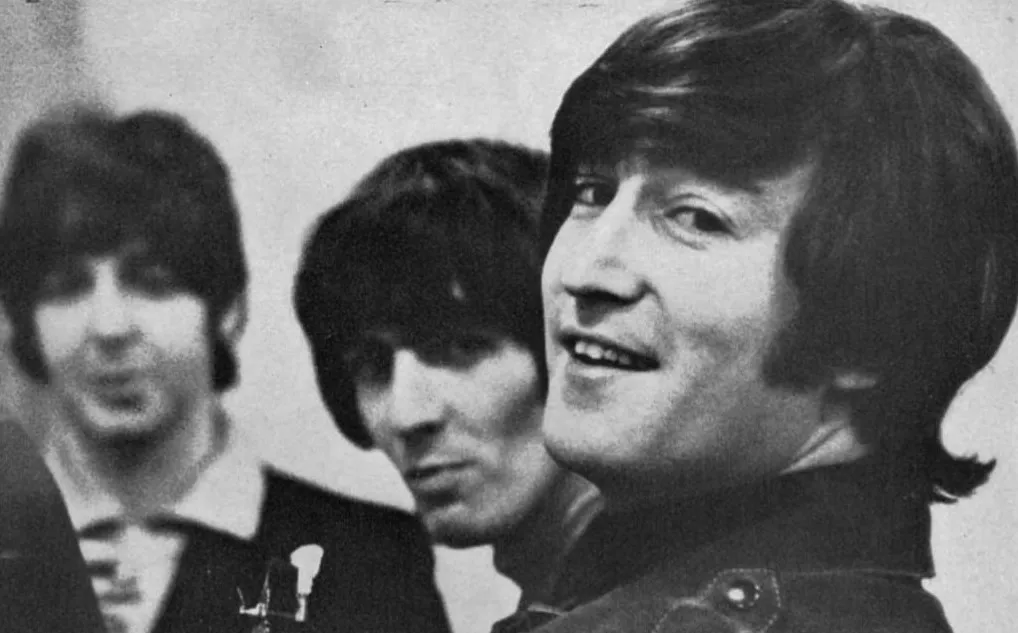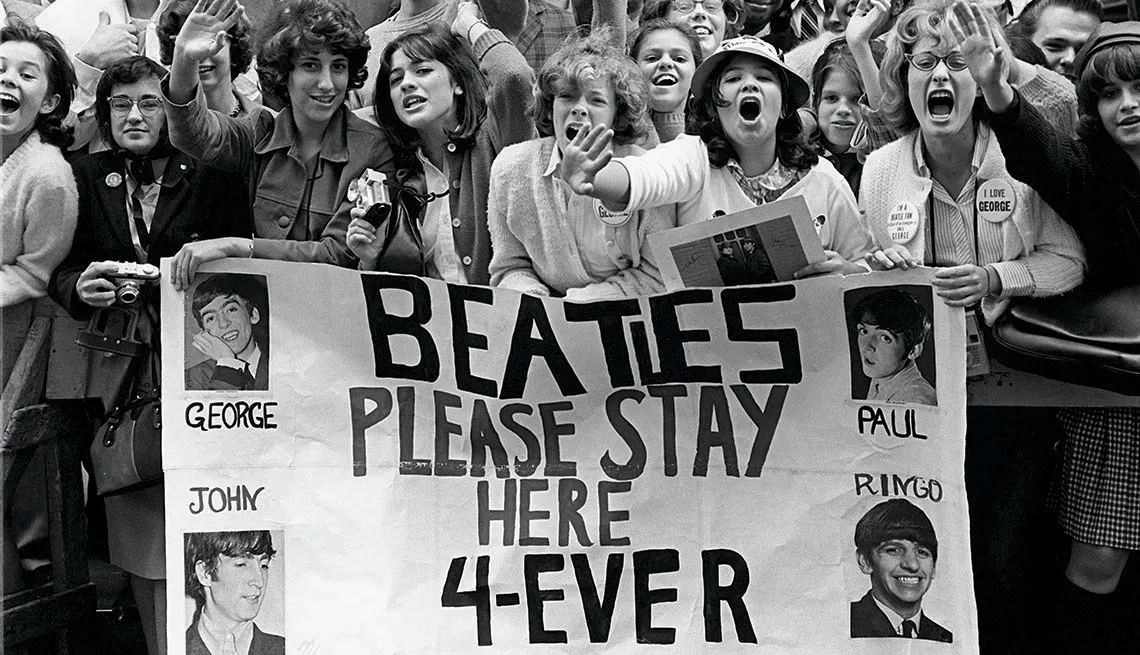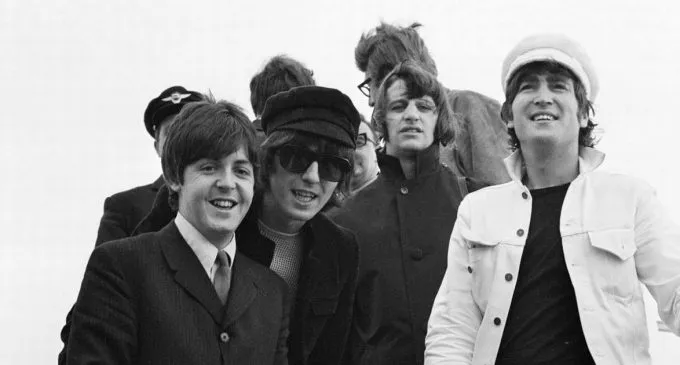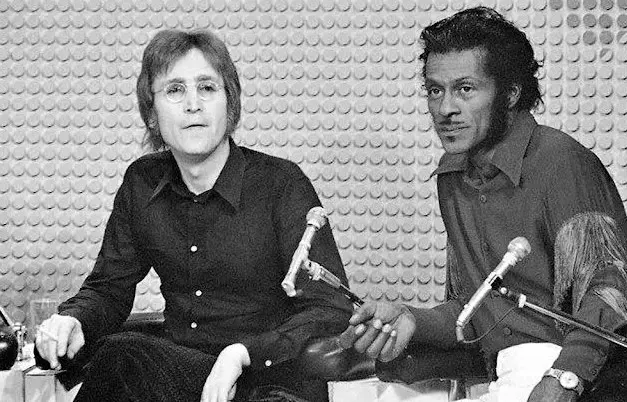Elvis Presley, often hailed as the "King of Rock 'n' Roll," left an indelible mark on the world of music. His powerful voice, charismatic stage presence, and genre-blending style revolutionized the music industry, making him one of the most influential and iconic figures of the 20th century. But amidst the acclaim and adulation, an intriguing question arises: Did Elvis Presley listen to his own songs? The answer delves into his early career, his evolving relationship with his music, and his unique approach to the art of song interpretation.

Elvis's journey into the world of music began humbly in the early 1950s when he walked into Sun Studio in Memphis to record a song for his mother. What started as a simple gesture quickly snowballed into something much bigger as studio owner Sam Phillips recognized the young man's talent and potential. This initial recording, "That's All Right," marked the beginning of a groundbreaking career that would eventually change the face of popular music.
In these early years, Elvis's song choices were not entirely his own. Like many new artists, Elvis performed songs that were owned by the recording studios, particularly Sun Records. The studios held the rights to a collection of songs, and it was common for artists to record these songs rather than their compositions. Elvis was no exception. His interpretations of songs like "Blue Moon of Kentucky" and "Good Rockin' Tonight" helped to establish his early sound and appeal, but they were not necessarily songs he had chosen for himself.
Despite not being the original composer, Elvis brought something unique to every song he performed. His ability to blend elements of gospel, blues, country, and rhythm and blues into a distinct sound allowed him to make each song his own. Even in these early years, it was clear that Elvis had a natural gift for interpreting music in a way that resonated with a broad audience.
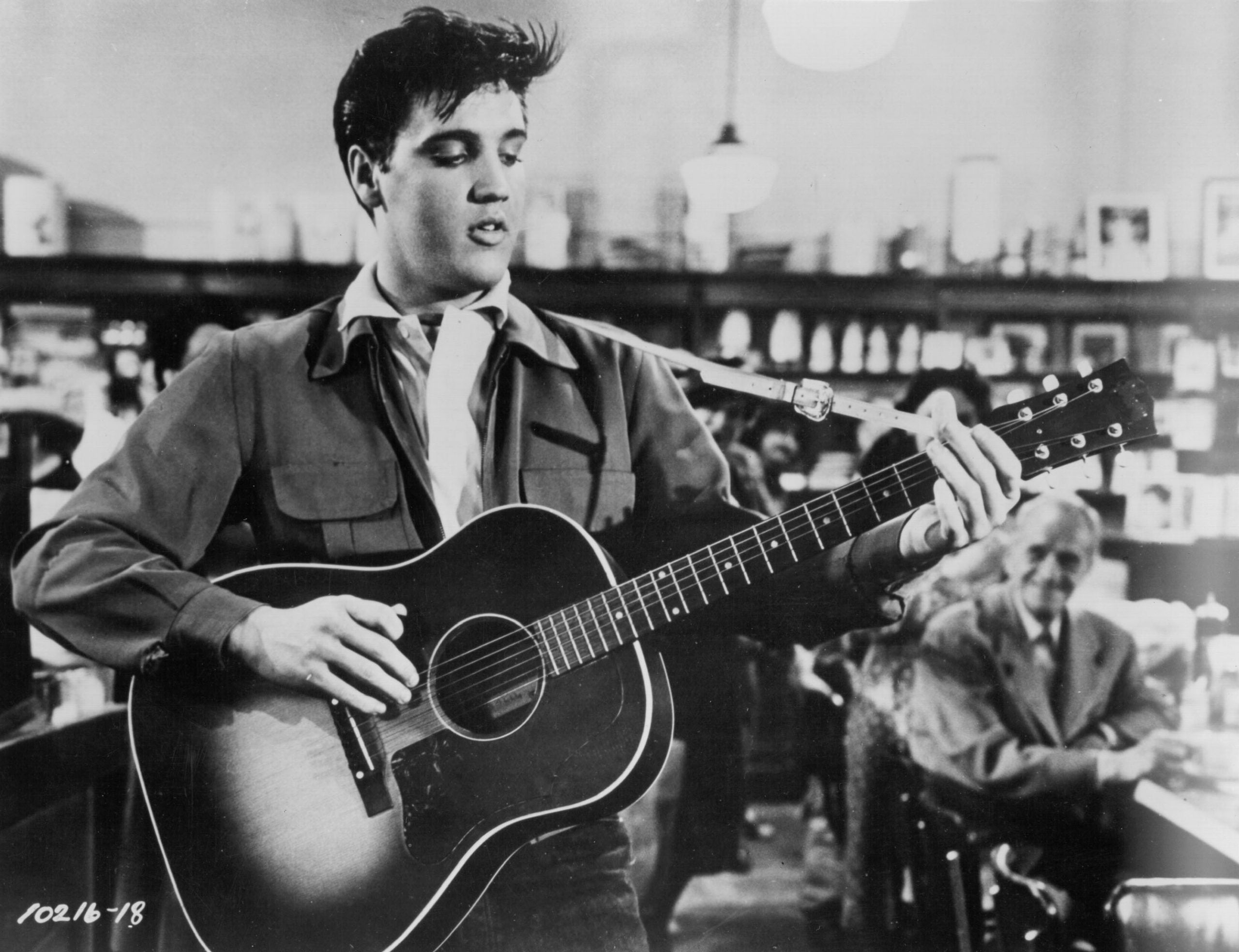
As Elvis's career skyrocketed, so did his influence within the music industry. By the mid-1950s, Elvis had become a household name, and his success gave him greater control over the music he recorded. While he still performed songs written by others, he began to have more input into the selection process. This transition marked an important turning point in his career, as Elvis started to choose songs that resonated with him personally or that he believed would resonate with his audience.
A notable example of this shift is the song "Heartbreak Hotel," which became one of Elvis's most iconic hits. Released in 1956, the song was written by Mae Boren Axton, Tommy Durden, and Elvis's close friend, Glenn Reeves. While Elvis did not write the song, he was instrumental in selecting it and shaping its final arrangement. The success of "Heartbreak Hotel" not only solidified Elvis's status as a major recording artist but also demonstrated his growing influence over his musical output.
As his career progressed, Elvis continued to collaborate with a variety of songwriters, including the legendary duo Jerry Leiber and Mike Stoller, who penned some of his most famous hits, such as "Hound Dog" and "Jailhouse Rock." These collaborations allowed Elvis to shape his musical legacy further, and while he was not a prolific songwriter himself, his ability to interpret and deliver these songs in a way that connected with millions was unparalleled.
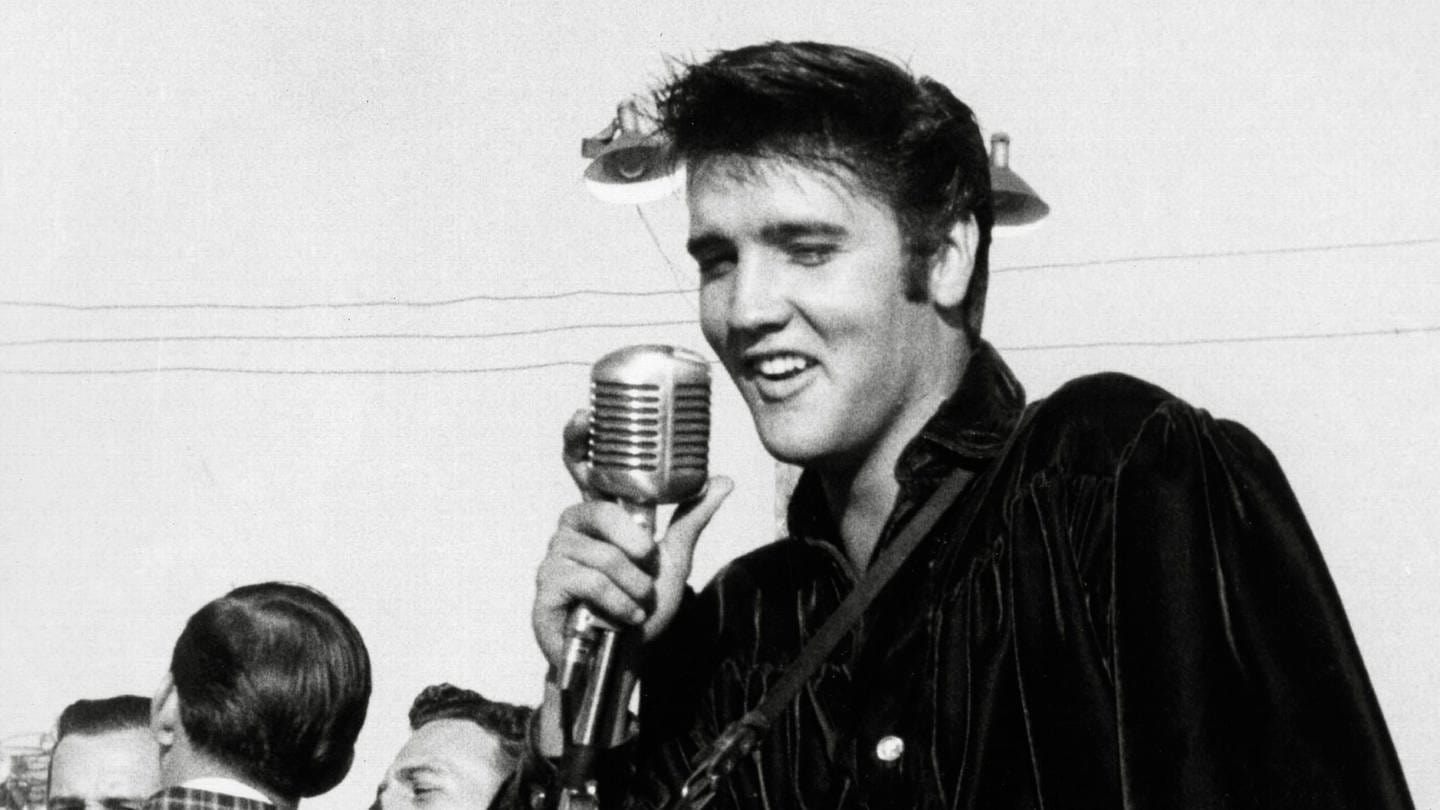
Given Elvis's deep involvement in the interpretation and performance of his songs, one might wonder whether he enjoyed listening to his recordings. Interestingly, while Elvis was known to be meticulous in the studio and invested in the final product, he was not someone who frequently listened to his own music for pleasure.
Elvis's relationship with his own music was complex. On one hand, he took great pride in his work and was often deeply involved in the recording process, sometimes spending hours perfecting a single track. He was known for his relentless pursuit of the perfect take, and his attention to detail was a significant factor in the quality and success of his recordings.
However, Elvis was also his own harshest critic. He was often dissatisfied with his performances and recordings, even when they were met with widespread acclaim. This self-critical nature meant that Elvis did not frequently listen to his own songs outside of the studio environment. Instead, he preferred to listen to the music of other artists who inspired him, such as gospel quartets, rhythm and blues singers, and country musicians.
One of Elvis's favorite genres was gospel music, which had a profound influence on his vocal style and musical approach. He often listened to gospel records for comfort and inspiration, and his love for the genre was evident in many of his performances, including his Grammy-winning gospel albums. While Elvis did not often listen to his recordings, he was known to revisit his gospel tracks, which held a special place in his heart.
In the later years of his career, particularly during the 1960s and 1970s, Elvis gained even more creative freedom over his music. By this time, he had firmly established himself as a cultural icon, and his influence extended beyond the recording studio to film, television, and live performances. However, this period was also marked by challenges, including a string of formulaic movie soundtracks that Elvis was contractually obligated to record.
These soundtracks often frustrated Elvis, as they did not reflect his artistic vision or personal tastes. He found many of the songs uninspiring and disliked the lack of creative input he had in their selection and production. This dissatisfaction was evident in his reluctance to listen to or perform many of these tracks outside of the film context.
Despite these challenges, Elvis continued to produce music that resonated with him. The "Comeback Special" in 1968 marked a significant moment in his career, allowing him to reconnect with his musical roots and perform some of his favorite songs in a more intimate setting. This special, along with his subsequent return to live performances in Las Vegas, showcased Elvis's enduring passion for music and his desire to perform songs that he genuinely loved.
During this period, Elvis had the freedom to choose the songs he performed in his live shows, and he often selected tracks that held personal significance. For example, his performances of "If I Can Dream" and "In the Ghetto" reflected his deep connection to the material and his desire to address social issues through his music. While he still did not frequently listen to his recordings for enjoyment, his live performances allowed him to engage with his music in a meaningful and personal way.
So, did Elvis Presley listen to his own songs? The answer is nuanced. While Elvis was deeply involved in the creation and interpretation of his music, he was not someone who frequently listened to his recordings outside of the studio. His self-critical nature and preference for the music of others meant that he often avoided revisiting his songs once they were completed. However, this does not diminish his profound connection to his music or the impact it had on millions of listeners around the world.
Elvis Presley's legacy as an artist is defined not by how often he listened to his songs, but by the passion, talent, and dedication he brought to every performance. Whether he was interpreting a song written by others or selecting tracks that resonated with him personally, Elvis's ability to connect with his audience through music remains unmatched. His influence on popular culture and music continues to be felt today, and his songs—whether or not he listened to them—will undoubtedly continue to inspire generations to come.
